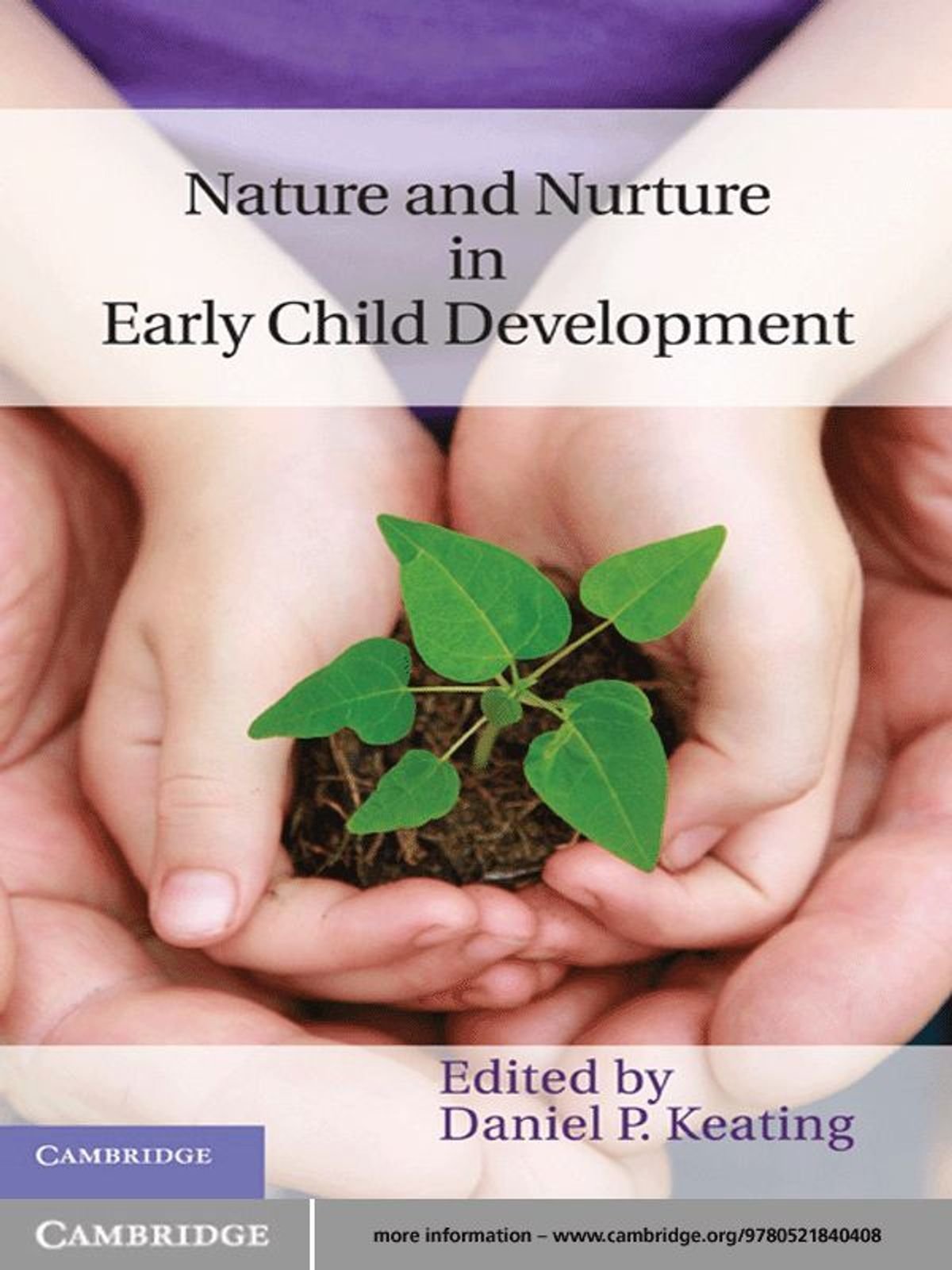Episode 93: Daniel Keating
Stress Begins Earlier Than You May Think
There is no doubt that we are in a stress epidemic in our fast paced and modern world. But Daniel Keating says this may seem pretty paltry in comparison to what's coming. He predicts a full stress pandemic on the horizon, where everything needs immediate fixing or else it's perceived as an existential threat.
Daniel Keating is a Professor at the University of Michigan in the departments of Psychology, Psychiatry and Pediatrics. And he wrote a couple of books, the most recent being Born Anxious: The Lifelong Impact Of Early Life Adversity And How To Break The Cycle.
In that book, Daniel looks into early childhood and prenatal experience and how experiences here shape our stress response as adults. We hear more about that groundbreaking research in this episode, as well as the importance of resiliency, the precariousness of the modern workplace, and possible policy interventions to reduce stress in early childhood and pregnancy.
Episode Quotes:
What accounts for our current stress epidemic:
“I think what we need to recognize is that people can feel stress not just about material insufficiency or the fear of it. Precarity is the new term, that their circumstances are precarious enough that they might experience material insufficiency at any time. And so there's that, but then there's also the whole status component to it. Where do you stand within your group, amongst other people? And those are psychologically very real threats. So if you feel like you're sliding down the social ladder and that you could wind up on the dreaded “welfare” word, or that you could lose your home and your family would be homeless. Those may not be immediate material insufficiency things, but they're certainly status threat kinds of things to our psychology, our identity.”
High SES parents are desperate for kids to maintain social status:
“That also puts a huge amount of pressure on those kids. You have got to succeed, right? You absolutely have to succeed. If you don't succeed, it gets to the point where it feels, although it almost surely in reality is not, it feels like an existential threat. You're going to lose your status. Our status. So we need you to do everything. If you don't get into one of the ivys or the big 20 top rated schools or whatever, all is lost. Despite the fact that there's no evidence to support that.”
The future of stress:
“At some point, if you ramp the stressors up enough, nobody's going to have the capacity to withstand it. I don't care how much supposed grit you've got, it's going to overwhelm you. And the more you increase the vulnerability. The less the stressors have to be to overwhelm you. When you're increasing both, which I think we are, I think the vulnerabilities increasing partly because of this kind of whole epigenetic shift that's going on.
And, at the same time, we're very rapidly ramping up the stressors out of the societal structure and societal practices. And I think that's just such a really bad mix. ”
Show Links:
Guest's Profile:
Faculty Profile at University of Michigan
His Work:






